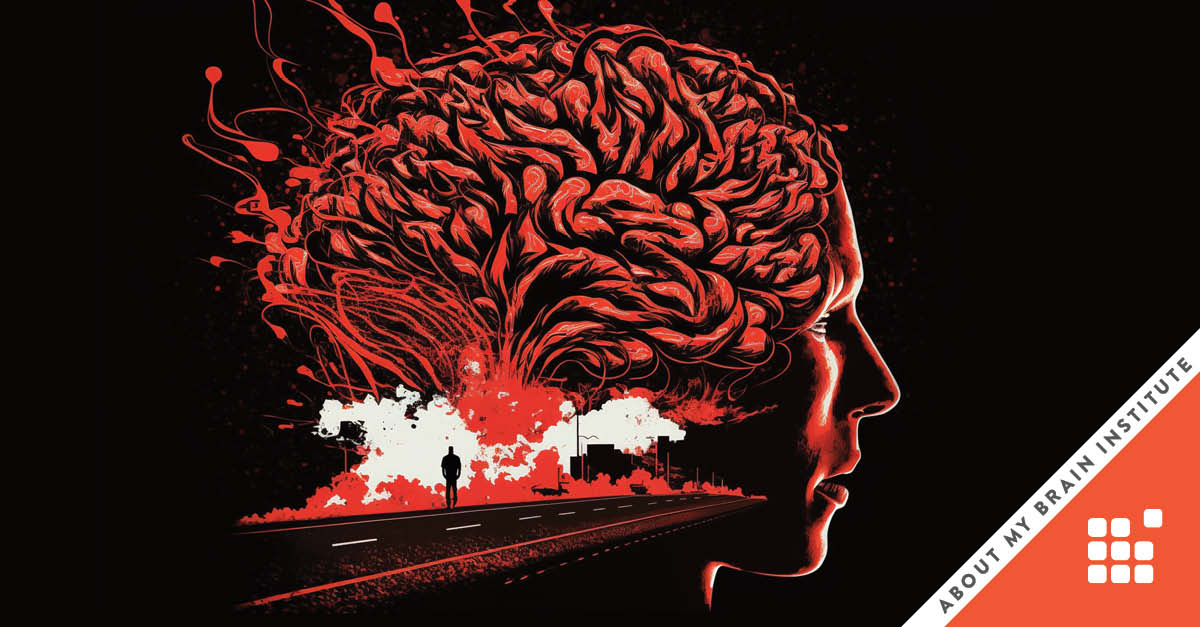Navigating Habits & Addictions
Attribute: Measured

Benefits of Addressing Addictions and Bad Habits
Addictions and detrimental habits can significantly affect various aspects of life, not just in professional settings but in personal relationships, health and overall well-being. Understanding and addressing these issues is essential for maintaining a balanced, healthy life and supporting those who may be struggling. Addictions refer to compulsive dependencies on substances or behaviors, while bad habits are recurring patterns that can negatively impact one’s physical, mental or emotional well-being. Addictions and bad habits can affect not only the person experiencing them but also their loved ones, friends and social circles.
Examples of Addictions and Bad Habits:
- Substance Addiction: Struggling with alcohol, drugs or prescription medication can lead to health issues, strained relationships and a diminished quality of life.
- Procrastination: Habitual procrastination can result in missed opportunities, increased stress and feelings of guilt or inadequacy.
- Excessive Screen Time: Constant use of social media or other digital distractions can reduce focus, productivity and real-life social interactions.
- Workaholism: An addiction to work can lead to burnout, negatively impacting mental and physical health and straining personal relationships.
- Unhealthy Coping Mechanisms: Turning to emotional eating, excessive caffeine consumption or smoking to manage stress can lead to long-term health problems and further entrench unhealthy habits.
The benefits of addressing bad habits & addictions:
- Improved Health: Reducing or eliminating addictive behaviors leads to better physical and mental health, increasing longevity and overall well-being.
- Enhanced Relationships: Addressing addictions can help restore and strengthen relationships, fostering deeper connections and trust with loved ones.
- Increased Productivity: Overcoming bad habits leads to better time management, focus and productivity in personal and professional life.
- Greater Self-Control: Learning to manage impulses and cravings enhances self-discipline, allowing for more intentional and fulfilling life choices.
- Personal Growth: The process of overcoming addictions or bad habits contributes to personal growth, self-awareness and resilience, helping individuals achieve their full potential.
Keep reading ↓
Keep reading ↓
Newsletter
Evaluate if You Have Addictive Tendencies
Consider these self-reflective questions:
- Do I notice recurring patterns where I engage excessively or compulsively in certain activities, substances or behaviors, even when they have negative consequences?
- How well do I manage impulses and cravings when faced with temptations or triggers related to addictive behaviors? Am I able to exercise self-control, or do I frequently give in to cravings?
- Have addictive tendencies adversely affected various aspects of my life, such as relationships, work, health or personal well-being?
- Am I aware of my potential addictive nature, and have I taken steps to seek support, counseling or resources to address and manage these tendencies in a healthy way?
These self-paced coaching questions can assist you in reflecting on your behavior and tendencies related to addiction, allowing you to gain insights and make informed decisions about seeking help or making positive changes in your life. If you have concerns about addictive behaviors, it's advisable to consult with a mental health professional for guidance and support.
Keep reading ↓
Deal with Addictions and Bad Habits
- Education and Awareness: Learn about the nature of addiction and the impact of bad habits on your life. Understanding the underlying causes can help you develop strategies to counteract them.
- Promote Balance: Strive for a balanced lifestyle by setting boundaries, prioritizing self-care, and ensuring time for rest, hobbies and relationships.
- Seek Support: Don’t hesitate to reach out for help. Whether through friends, family, or professionals, having a support system is crucial in overcoming addictions and establishing healthier habits.
Addressing addictions and bad habits is essential for creating a balanced, fulfilling life. By understanding the impact of these challenges, fostering open communication, seeking resources and promoting healthy practices, you can help yourself and others move toward well-being and personal growth. Remember that addressing these issues is a step toward living a more intentional, compassionate and empowered life.

Explore the Items
Read each article!
Supporting content
Ethics Articles
Check out the latest blogs to learn more about this topic!

Learning To Be Calm: The Neuroscience Behind Workplace Stress

Impulse Control In Leadership

How Energy & Vitality Enhance Your Performance
Bibliography
This article has been inspired by the following sources:
- National Institutes of Health. (2015, October). Biology of addiction. NIH News in Health. https://newsinhealth.nih.gov/2015/10/biology-addiction#:~:text=Drugs%20or%20alcohol%20can%20hijack,using%20the%20drugs%20or%20alcohol.
- National Institute on Drug Abuse. (2020). Drugs, brains, and behavior: The science of addiction. https://nida.nih.gov/publications/drugs-brains-behavior-science-addiction/addiction-health
- Alberta Health Services. (2021). Managing your addiction. https://myhealth.alberta.ca/Alberta/Pages/How-does-addiction-affect-your-life.aspx
- Damiano, S. (2019). Who is the taskmaster: You or your addictions? About My Brain Institute. https://www.aboutmybrain.com/blog/who-is-the-taskmaster-you-or-your-addictions
- Damiano, S. (2019). Gambling, pleasure, and addiction. About My Brain Institute. https://www.aboutmybrain.com/blog/gambling-pleasure-and-addiction-3
- Damiano, S. (2018). 3 strategies to be a more ethical leader. About My Brain Institute. https://www.aboutmybrain.com/blog/3-strategies-to-be-a-more-ethical-leader

